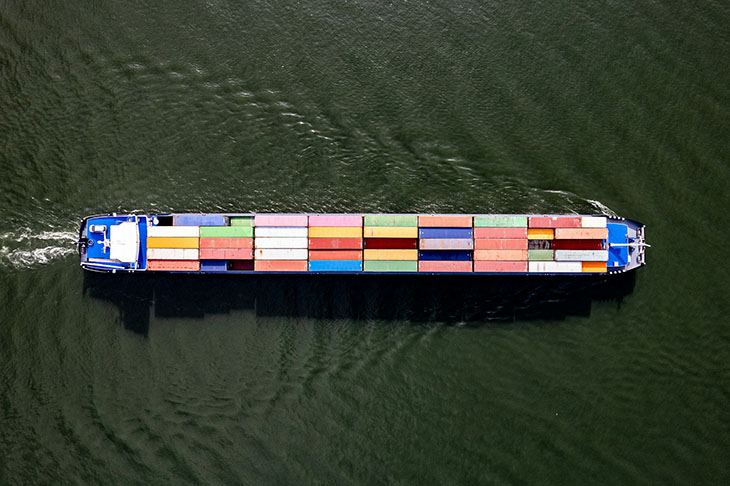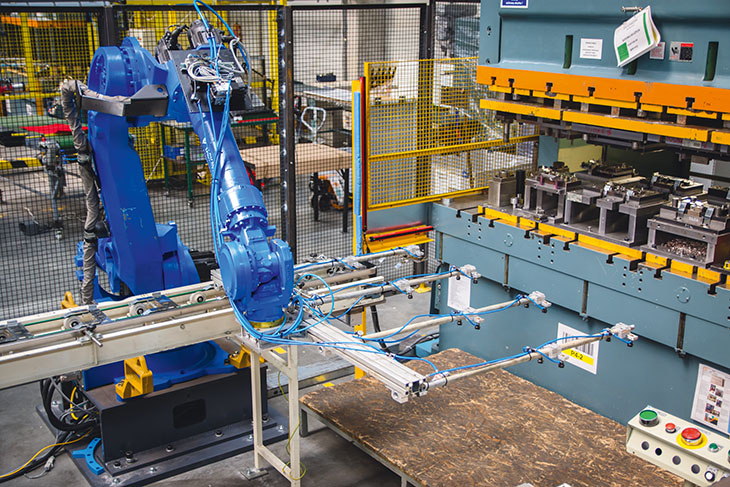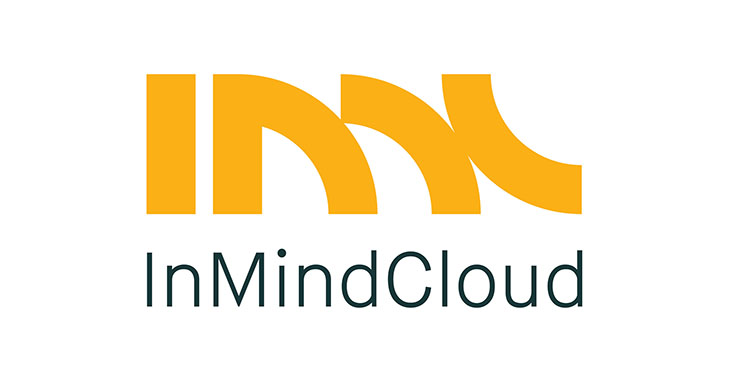Supply chains today face rising scrutiny from partners, customers and government regulators. As more eyes have turned to businesses’ suppliers, ethical sourcing has become an increasingly prominent issue. While no company wants ties to unethical practices, these problems are often difficult to weed out.
Many organizations lack the traceability to find and remove ethically dubious suppliers from their networks. Overcoming that gap will become all the more crucial as attention to the matter rises.
Why Ethical Sourcing Matters Today
Supply chain traceability has always been advantageous, but demands for ethical supplier relationships are reaching new highs. A 2021 survey found that 88% of global consumers prefer to buy from companies with fair sourcing strategies — a 10% increase since before the COVID-19 pandemic. Beyond that, 64% of young buyers would stop buying from a business altogether if they found it worked with unethical suppliers.
As Gen Z makes up an increasing portion of the market, these trends will grow. Organizations risk more customer churn and lost business if they fail to address this issue.
Legal attention to the matter has risen, too. Since 2022, the U.S. has denied 3,596 shipments under the Uyghur Forced Labor Prevention Act (UFLPA). Such enforcement represents a loss of over $700 million. Other nations like Canada and Germany have introduced similar legislation, raising the bar for organizations to avoid fines.
Advanced Solutions to Improve Supply Chain Traceability
Given these mounting pressures, businesses must revamp their supply chain transparency efforts. Thankfully, new technologies provide the means to achieve the necessary visibility.
Automated Due Diligence
Tech-driven traceability starts with automating the supplier evaluation process. Companies should ensure all potential partners meet ethical standards before doing business with them, but manual verification is too error-prone.
Some enterprise resource planning (ERP) programs have scanning features organizations can use to check for compliance issues. Separate denied party screening tools exist, too, which compare businesses to lists of known ethics violations. In either case, automating the inspection process provides more assurance, as artificial intelligence (AI) can catch subtle details humans may miss.
Such solutions have other benefits as well. Automated supply chain management tools save time and reduce discrepancies to enable higher operational efficiency and cost savings. These secondary benefits help justify the initial expense of tech adoption.
Digital Supply Chain Mapping
Businesses may have existing ties to unethical suppliers. Alternatively, once-compliant companies can adopt unsavory practices. Organizations must stay on top of these changes to know when to restructure their supplier relationships, but this requires real-time visibility into their broader networks. Digital supply chain mapping offers a solution.
Modern mapping programs cross-reference transaction records against official databases to automatically highlight potential fraud or other issues. These newer solutions also incorporate real-time data to trace products from raw materials to finished goods. Consequently, any suspicious activity becomes easier to spot.
Organizations can also set up automated alerts with mapping software. That way, stakeholders know of any updates affecting their supplier networks the moment something changes.
Blockchain Tracking
Ensuring ethical sourcing is only possible if companies can trust their supplier records. Supply chain fraud is all too common, but blockchain — the underlying technology behind cryptocurrency — can make fraudulent activity harder to pull off successfully.
Blockchains are decentralized, encrypted ledgers where each record — or “block” — in the chain is visible to any user but unchangeable. Their distributed nature means an attacker would have to control 51% of the network to change any documentation. Such a large-scale attack is almost impossible in most cases and is not a guarantee of success, so blockchains can effectively eliminate fraud.
In a supply chain context, businesses can use blockchains to host all transaction records and location data. Consequently, all parties would be able to verify a product’s origin, but no one could falsify the documentation. This transparency would also streamline compliance audits for regulations like the UFLPA.
Cloud Management Platforms
Businesses must also make supplier records more accessible to maximize supply chain traceability. Cloud computing is the easiest and most effective solution in this area.
Using cloud ERP solutions instead of on-premise alternatives lets stakeholders access critical information from anywhere, enabling faster responses to emerging issues. Moving more supply chain data to the cloud also improves transparency through consolidation. Organizations will create a single source of truth for all sourcing documentation, enabling faster, more insightful audits.
Cloud adoption also opens the door to more disruptive technologies like AI analytics to further drive traceability and optimization. Experts predict such innovation could generate $2.3 trillion in value by 2030, more than compensating for the cost of implementation.
Supply Chain Traceability Is Possible With New Technologies
Ethical sourcing is not a novel concern, but it is an increasingly prevalent one. Businesses must emphasize supply chain traceability to ensure they remain compliant, and this is only possible with new technologies.
These four technology solutions provide the insight and control organizations need to maximize trust throughout their supply chains. When they do that, they can secure loyal customers and avoid costly regulatory fines.
























